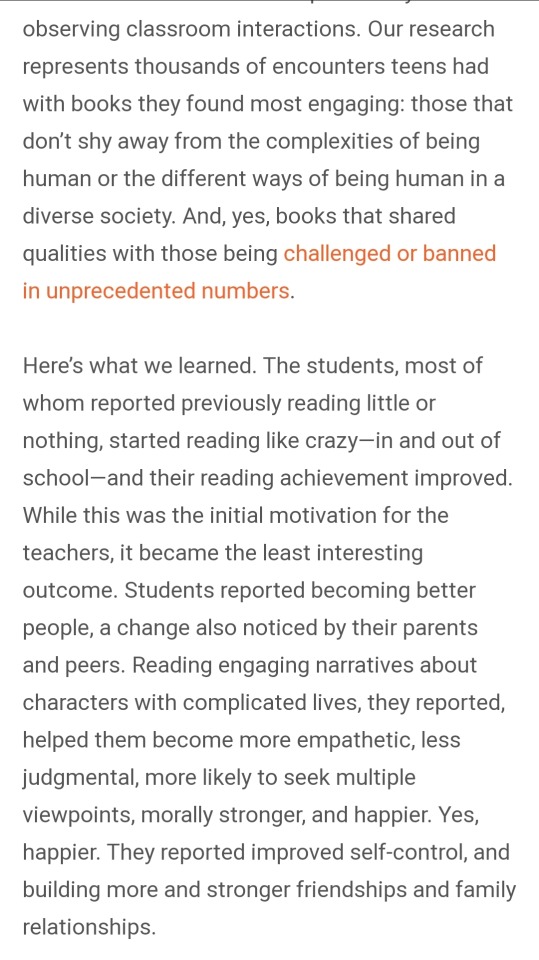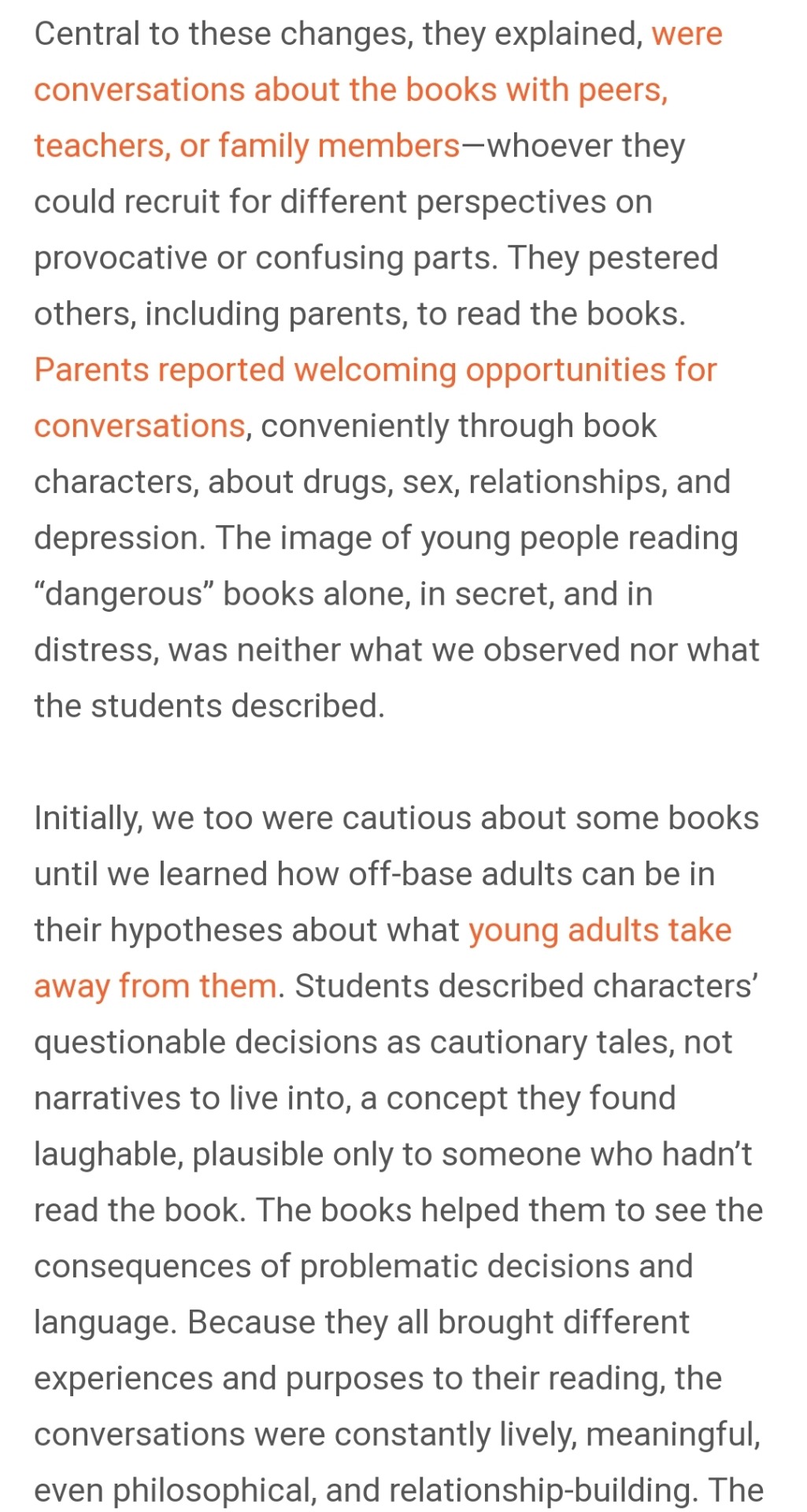I'm an adult and I tag. Multifandom blog, but you can pretend I'm a single fandom blog by filtering out most of my tags. Fic and fiction writer. they/them/their, wow/wow/wows, or whatever gender neutral pronoun you want to use. Click "About Me" in the sidebar to learn more about who I was 10 years ago.
Don't wanna be here? Send us removal request.
Text
picked up a guitar at a yard sale today! it will be interesting to see if I can remember how to play ...
7 notes
·
View notes
Text
Sure would be a shame if thousands of people saw this...
13K notes
·
View notes
Link
Chapters: 11/15 Fandom: Glee, Glee (TV 2009) Rating: Explicit Warnings: No Archive Warnings Apply Relationships: Blaine Anderson/Kurt Hummel, Blaine Anderson/Original Character(s), Kurt Hummel/Original Character(s), Sam Evans/Mercedes Jones Characters: Blaine Anderson, Kurt Hummel, Santana Lopez, Sam Evans, Mercedes Jones, Rachel Berry, Elliott “Starchild” Gilbert, Original Characters Additional Tags: Romance, Angst, Reunion Fic, Infidelity, Alternate Universe - Canon Divergence Summary:
After Kurt and Blaine broke up the second time, they went their separate ways, living their separate lives in New York City. Fifteen years later, a retirement party brings them back together into each other’s orbit, with surprising, for both of them, consequences. Are they able to fit each other into their already complicated and messy lives? And are these newfound feelings real? Or just echoes of a past relationship?
Canon Divergent after Season 5.
**** Chapter 11 is up! Have fun!
Thanks @snarkyhag for the beta <3
16 notes
·
View notes
Text

Master Word List of 7-letter Words No. 1-No. 8
Magnets
Numbers
Glaring
Dangers
Beaches
Obscure
Airbeds
Organic
10 notes
·
View notes
Text

well that explains a lot 😂
#greta thunberg#greta thunberg critical#reblogging again with the addition because yes!#i am inclined toward black and white thinking especially around moral issues and i have to be able to challenge that#like yes i have strong feelings about what is right and what is wrong but that can veer into scrupulosity and being extremely judgemental#both of which are harmful#it's good to be able to stand up for my convictions#but i also have to be able to question them because sometimes they're based on gut feelings or bad information#anti intellectualism
272 notes
·
View notes
Text

well that explains a lot 😂
272 notes
·
View notes
Text
welcome to the Murdersex zine, a zine celebrating all things sex and murder. but um. we don't want to romanticize it or anything so don't make your submissions too murdersexy. we will do extensive background checks on all applicants and if we decide a past work of yours has too much sexy murder we'll have to remove you, sorry. we have limits, you know, we want a tasteful gory spread you could put on your coffee table, and having the Wrong people in it would kill the vibe (and we condemn all killing! wholeheartedly!)
#reblogging especially for the last addition#I should name and shame the scene that did that to me but I don't remember its name at this point LOL#writer problems#fandom#purity culture
49K notes
·
View notes
Note
I haven't reblogged any of it or looked into it myself (or believed any of it), but can you elaborate? Maybe, in case it comes up in convo (cause I have a friend I think who believes it or has mentioned it to me)? If that's not too much to ask. (About Gal Gadot)
So, there’s this trend that happens in liberal/activist spaces, where the second gentiles find out you’re Jewish, they no longer trust you unless you immediately, completely denounce every aspect of Israel down to its very existence.
Example: at UCLA, a Jewish woman named Rachel Beyda applied for the student council. They interrogated her about whether she would be able to be “objective” because she was Jewish. They literally asked her, “Given that you are a Jewish student and very active in the Jewish community, how do you see yourself being able to maintain an unbiased view?”I have experienced this interrogation and distrust personally, in activist spaces at UCSC. At one point I even made a Facebook post about it because I was curious if it was just me and discovered that every other Jewish person I know at UCSC had also experienced something similar. Leftists do not welcome or trust Jews who have any qualms about disavowing Israel. To be clear: I’m NOT talking about acknowledging that the Israeli government is committing human rights violations against Palestinians. That should be obvious, and isn’t inherently antisemitic. What IS antisemitic is this trend that has been going on for years in liberal activist spaces, where the second a Jewish person is involved in literally anything, ie Existing While Jewish, gentiles HAVE to bring up Israel, and quiz us on it until they’re satisfied that we have completely denounced it, including its right to exist. And if we don’t denounce every aspect of it to their satisfaction, then obviously we must support the genocide of Palestinians and are cast out of activist spaces. That’s what’s going on with Gal Godot. The plot of Wonder Woman had NOTHING to do with Israel or Palestine but because she is Israeli, because she served in the Israeli Army (which by the way, is mandatory, and also she served as a goddamn fitness instructor) gentiles are pouring out of the woodwork to deem her “problematic.” And I’m fucking pissed.
16K notes
·
View notes
Text
#every day is caturday#my cat used to do this when I was doing yoga#not that I was ever doing anything this involved
7K notes
·
View notes
Text
Shout out to Steve Harrington for apparently being the only genre-aware person in the Hawkins group, grabbing something to defend the group as soon as they hear a weird noise, poking stuff around with an oar, not letting the cursed girl spend too long on her own… and when Dustin mocks him, he snaps back, “considering the people in this room have nearly died about half a dozen times, I don’t find it funny”. He’s so right and he should say it. Steve KNOWS he’s in a horror film and he’s built to be the final girl.
42K notes
·
View notes
Text
hang on I’m trying to see something
don’t tell me the name of your pet, just tell me in the tags the name you call them that’s got nothing to do with their actual name
68K notes
·
View notes
Text
Kurt Hummel solos are sacred. today i listened through all of them on a playlist and it was an amazing experience
12 notes
·
View notes
Text
I've gone fifteen years on this website without absorbing any information about homestuck and I'm not about to start now
54K notes
·
View notes
Text
you think you're listening to a song for the first time and it's confusingly familiar
... they did it on glee
18 notes
·
View notes
Text
You're simply never going to convince me that the people who learned how to analyze, think critically, and build up skill sets so they could become genuinely informed and competent in a field and accomplish tasks independently aren't better off than the people who use generative AI as a crutch and replacement for doing anything by themselves. There's not a world where knowledge and skills are a disadvantage, so no, people really don't need to "learn how to use ChatGPT or else they'll get left behind." That's just a marketing tactic to get people to use this product sooner.
5K notes
·
View notes


